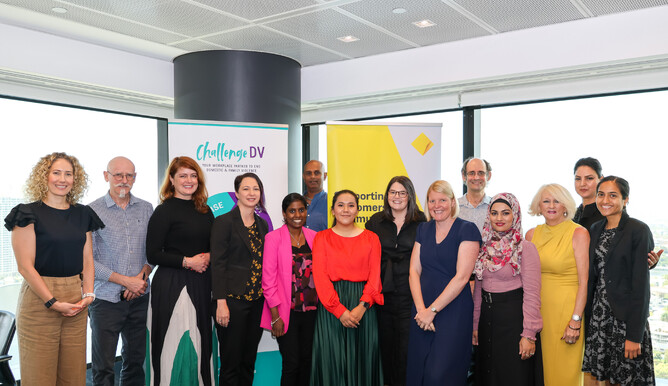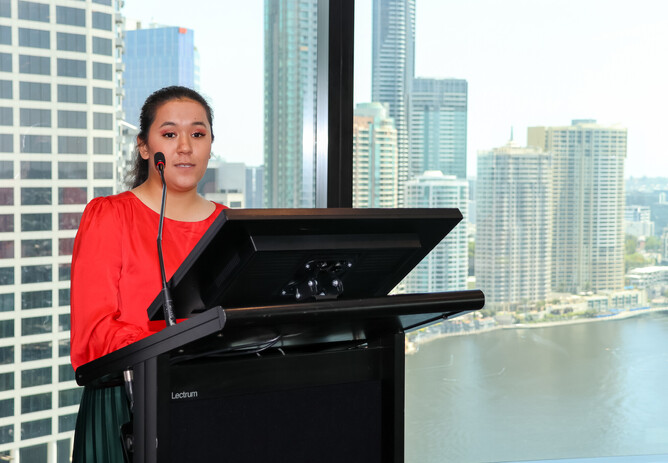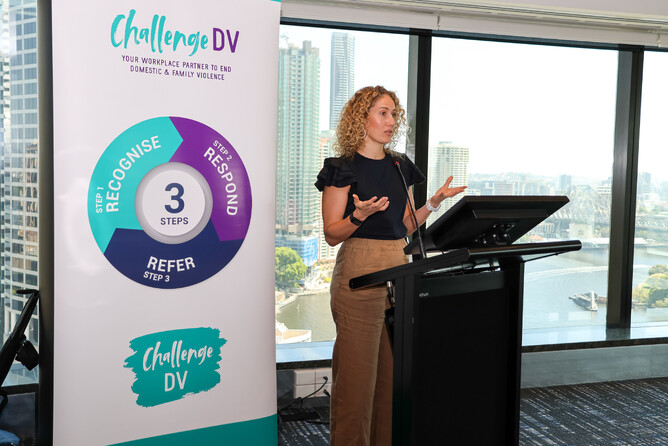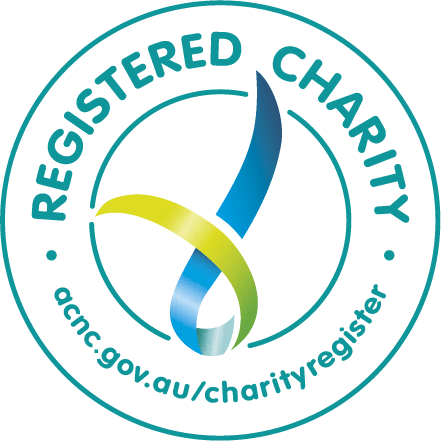We were delighted to welcome 40 Afghan community leaders and experts to a special event during 16 Days of Activism 2022 to share insights on the causes of domestic and family violence and initiatives that would make the most impact for its prevention in the Afghan community in Australia.
The event was part of the development of our Social Impact Strategy, and we created it in partnership with Afghan community leaders, the Migration Council of Australia (Social Policy Group) and Multicultural Australia. Our huge thanks to MinterEllison, Challenge DV’s Foundation Partner, for hosting the event.
Thanks also to our speakers, who included Robert Reed, Special Counsel, and Famin Ahmed, Lawyer, from MinterEllison’s Pro Bono and Community Investment Brisbane. We also heard from the Social Policy Group’s Gail Ker, Special Advisor – Settlement, and Anna Rolandsen, Senior Manager - Settlement, and we are grateful for the support of Walid Rahman who provided important context to develop the event.
Thanks, too, to Multicultural Australia’s Rose Dash, their Chief Client Officer, and Fahima Ahmadi, Youth Member of Parliament, and Sabha Hamid, Afghan Community Leader & Community Development Coordinator from SSI. Special thanks, too, to Michael Jeh for his thoughtful words. Katrina Swanston, our Chief Communications and Partnerships Officer MCd the event, while Amy Cook, our new Social Impact Advisor, facilitated the consultation.
Challenge DV's Social Impact Strategy outlines how we will connect all areas of our work with our extensive network of leaders, workplaces and communities to make an impact in ending domestic and family violence.
We recognise that while gender inequality and gendered violence impacts all communities, it does so in different ways. Therefore, we are seeking to engage with diverse community groups to explore how domestic and family violence is experienced and identify solutions that are unique to each community. Identified stakeholders and community groups to date are:
- First Nations communities
- Ethno-specific communities
- LGBTQI+ communities
- People with a disability
- Children and young people
- Elders
- Women over 50
- Rural & remote communities
- Men using violence.
This event was one of our first engagement opportunities. The Afghan community was chosen because of its long connection with Australia since the early 1800s. Today, Australia is home to more than 40,000 people born in Afghanistan and we are all made richer because of this. We are set to welcome more community members over the coming years as part of Australia's response to last year's fall of Kabul to the Taliban.
Find out more about our impact.





